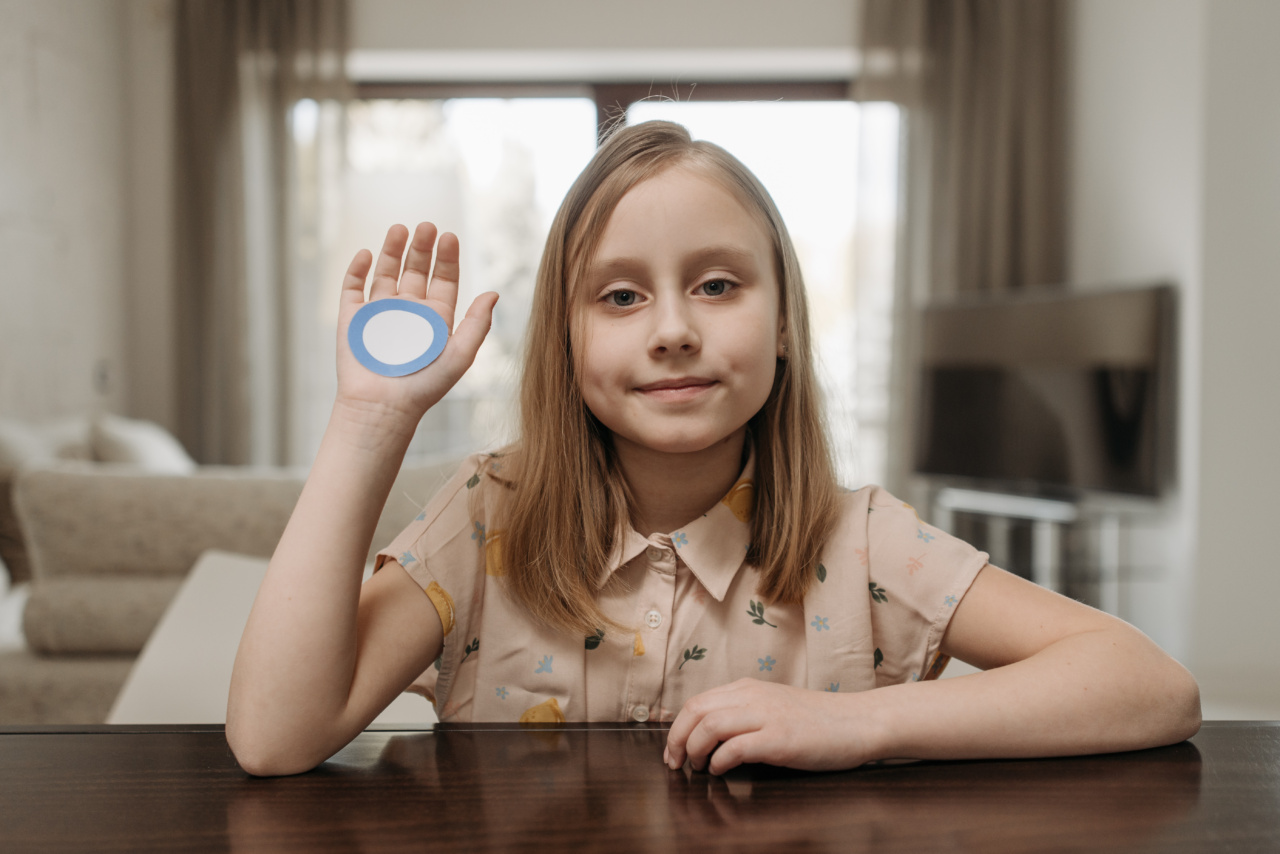Diabetes has become a global epidemic, affecting millions of people worldwide.
According to the International Diabetes Federation, approximately 463 million adults between the ages of 20 and 79 were living with diabetes in 2019, and this number is expected to rise to 700 million by 2045. Diabetes is a chronic condition that affects how the body regulates blood sugar levels, and if left uncontrolled, it can lead to serious complications such as heart disease, stroke, kidney disease, and even blindness.
While there is no cure for diabetes, recent research suggests that coffee and tea may play a surprising role in managing the condition and reducing the risk of these complications.
The Role of Coffee
Coffee is one of the most widely consumed beverages in the world, loved for its rich flavor and ability to provide an energy boost. But did you know that coffee may also have significant health benefits, especially for those with diabetes?.
A study published in the Journal of Natural Products found that coffee contains compounds with anti-diabetic properties. These compounds help to increase insulin sensitivity and reduce inflammation, two crucial factors in managing diabetes.
Another study published in the Annals of Internal Medicine discovered that regular consumption of coffee was associated with a reduced risk of type 2 diabetes. The researchers found that each additional cup of coffee consumed per day was associated with a 7% reduction in the risk of developing type 2 diabetes.
Tea – A Diabetes-Friendly Beverage
Like coffee, tea is another popular beverage consumed worldwide. Whether it’s black, green, or herbal, tea offers a range of flavors and potential health benefits. For individuals with diabetes, tea may hold some unique advantages.
A study published in the Journal of Agricultural and Food Chemistry found that certain compounds found in tea, such as catechins and theaflavins, can help regulate blood sugar levels.
These compounds have been shown to enhance insulin activity and improve glucose metabolism. Green tea, in particular, has been extensively studied for its anti-diabetic effects.
Research published in the Journal of Nutritional Biochemistry revealed that green tea consumption led to a significant decrease in blood glucose levels and an increase in insulin sensitivity.
The Power of Antioxidants
Both coffee and tea are rich sources of antioxidants, which are compounds that help protect the body against damage caused by harmful molecules called free radicals.
Free radicals are formed as a natural byproduct of cell metabolism, but they can also be generated by factors such as pollution, smoking, and a poor diet. In individuals with diabetes, the antioxidant capacity of the body is often compromised. This is where coffee and tea can be beneficial.
Studies have shown that the antioxidants present in coffee and tea, such as chlorogenic acid and epicatechins, can help reduce oxidative stress and inflammation in individuals with diabetes.
Oxidative stress occurs when there is an imbalance between free radicals and antioxidants in the body, leading to cell damage and inflammation. By providing an abundant source of antioxidants, coffee and tea can help counteract this oxidative stress and protect against diabetes-related complications.
Managing Blood Sugar Levels
One of the greatest challenges for individuals with diabetes is managing their blood sugar levels. Fluctuations in blood sugar can have significant impacts on overall health, and long-term high blood sugar can increase the risk of complications.
The good news is that both coffee and tea have been shown to have a positive impact on blood sugar control.
A study published in the Journal of Medicinal Food revealed that coffee consumption was associated with lower fasting blood sugar levels and reduced insulin resistance.
Similarly, research published in the Asia Pacific Journal of Clinical Nutrition found that regular tea consumption was linked to improved blood sugar control and reduced HbA1c levels, a long-term marker of blood sugar levels.
The Role of Caffeine
Caffeine, a natural stimulant found in both coffee and tea, has been a topic of debate when it comes to its effects on diabetes.
While excessive caffeine intake can lead to adverse effects such as increased heart rate and anxiety, moderate consumption of caffeine appears to have some benefits for individuals with diabetes.
A meta-analysis published in the American Journal of Clinical Nutrition found that higher caffeine intake was associated with a significantly lower risk of type 2 diabetes.
The researchers analyzed data from several cohort studies and concluded that moderate caffeine consumption may offer protective effects against type 2 diabetes by improving insulin sensitivity and glucose metabolism.
Other Considerations
While coffee and tea can potentially benefit individuals with diabetes, it’s important to consider other factors when incorporating these beverages into a diabetes management plan.
Sugar and creamer additives can quickly turn a healthy beverage into a sugar-loaded treat, so it’s crucial to consume coffee and tea without adding excessive sweeteners.
Artificial sweeteners and non-dairy creamers can be alternative options for those who enjoy a sweeter taste. Additionally, individuals with diabetes should also be mindful of their caffeine intake, as excessive amounts can lead to problems such as sleep disturbances and increased blood pressure.
Conclusion
While coffee and tea may not be a cure for diabetes, research suggests that they can play a beneficial role in managing the condition and reducing the risk of complications.
From their anti-diabetic properties and positive effects on blood sugar control to their rich antioxidant content, these popular beverages offer potential life-saving benefits for individuals with diabetes.


























